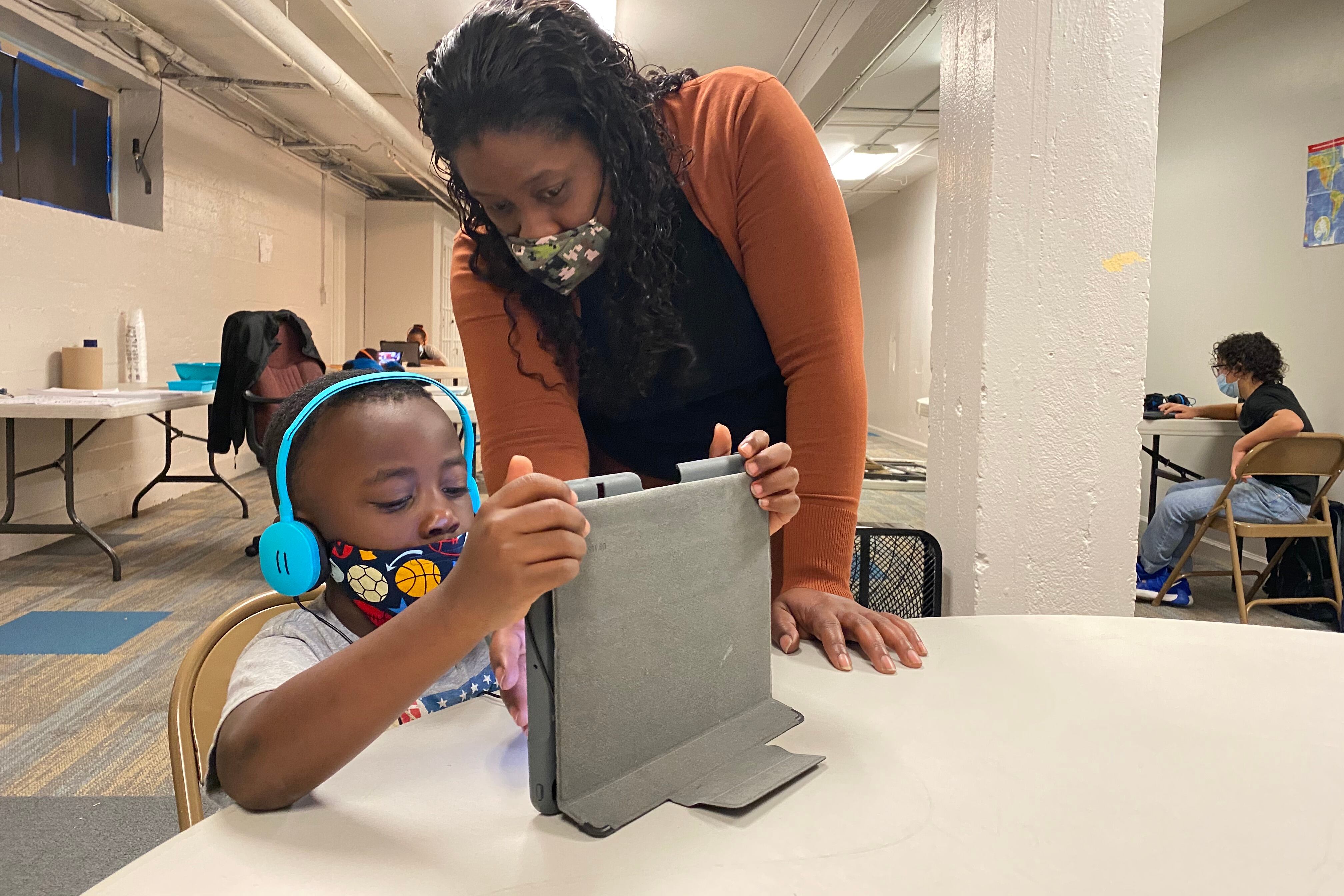Indianapolis Public Schools is starting a teacher apprenticeship and a principal residency, two programs aimed at attracting more educators of color.
“There are just too many barriers to the pathways to teaching — specifically, teaching in urban schools,” said Alex Moseman, IPS’ director of talent acquisition.
The district plans to train 10 teachers at three elementary schools next year through a partnership with a local charter network. IPS will join Christel House’s IndyTeach program, a free, one-year alternative path to licensure. Prospective teachers will be paid a salary, embedded in IPS classrooms, and partnered with a mentor while preparing for the licensing exam.
The new principal residency will offer a year of paid on-the-job training and mentoring for aspiring leaders, assistant principals, and out-of-district principals who want to work at IPS. Four spots will be available in that program.
IPS has not finalized the salaries for the two training programs, but Moseman noted the pay will be competitive and comparable to similar roles in the district. Next year, IPS’ starting salary for teachers will be $50,400, and for assistant principals, around $105,000.
That would add up to roughly a $1 million investment for the district, though the total cost has not yet been determined. IPS plans to use federal relief dollars, known as ESSER funding, to cover the initial cost. The goal is to eventually expand the programs and include the cost within school budgets, Moseman said.
IPS currently has about 70 teaching vacancies, Moseman said.
Like many other districts, IPS wants to diversify its teaching staff to be more representative of the students they serve. About a quarter of IPS teachers are Black or Hispanic, according to state data, in a district where nearly three-quarters of students are Black or Hispanic.
Research shows that having teachers of color improves outcomes for students of color.
“I want students to see that people that look like them can be teachers,” said Andrea Rodriguez, a sixth-grade teacher at Meredith Nicholson School 96 who is Latina and an IPS graduate.
Education programs at universities tend to produce very few educators of color. IndyTeach, a five-year-old program at Christel House, aims to give college graduates the chance to become teachers without having to go through a traditional teacher prep program, and get teaching experience in urban schools.
“We’re breaking down the barriers of getting into the teaching profession, which opens up the doors to many more potential applicants,” said program director Tracy Westerman.
IndyTeach tends to attract recent graduates who didn’t pursue education degrees, people looking to switch careers, and support staff who want to work toward full licensure, she added.
The training program has become “a huge pipeline,” with more than 80% of participants staying to work at Christel House, Westerman said.
Still, the training program has sometimes struggled to attract diverse candidates. Roughly 30% of applicants are people of color, Westerman estimated. The program has become more diverse over the years, but she didn’t have numbers available on the racial makeup of participants.
“We’re working on it,” she said. “It’s still an area of growth for us.”






